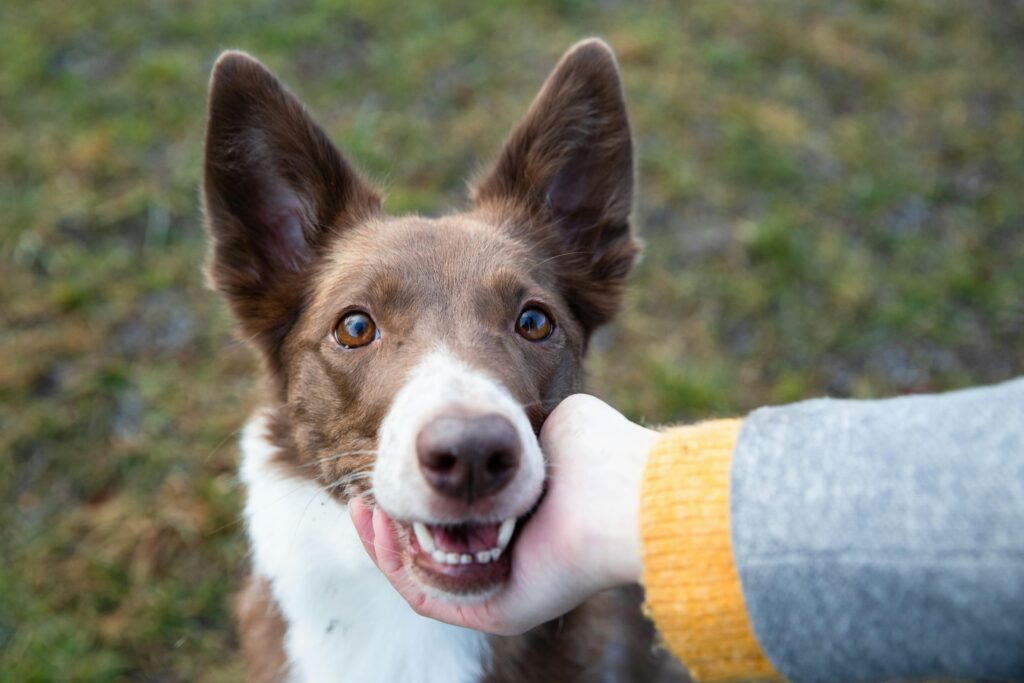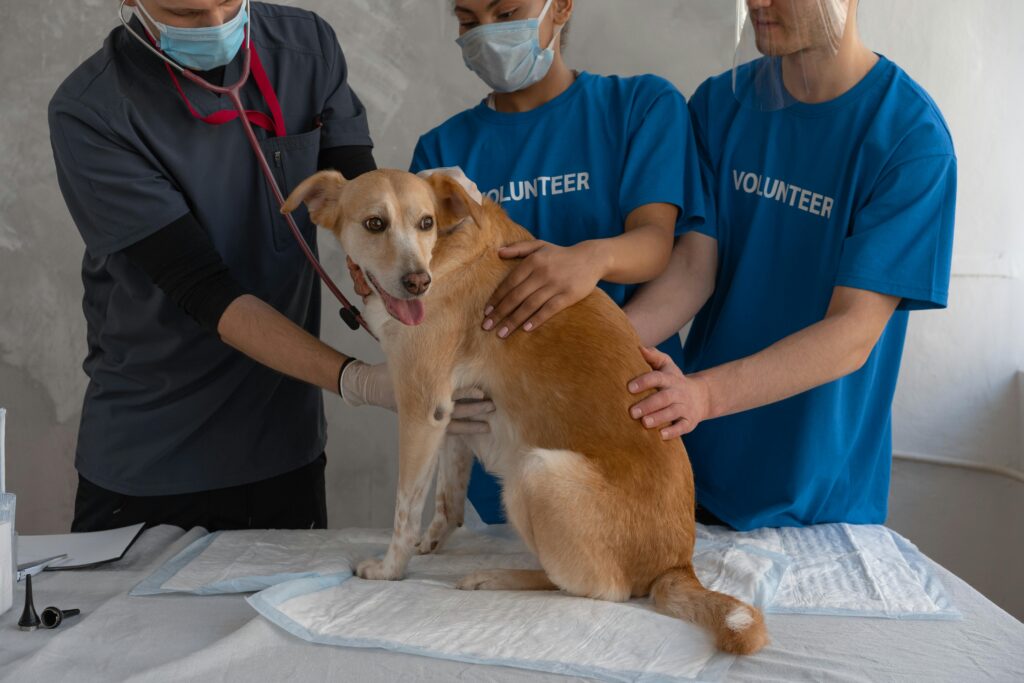
Training your puppy is both an exciting and challenging experience. While every dog parent wants the best for their furry companion, it’s easy to make a few missteps along the way. Recognizing these common mistakes early can save time, reduce frustration, and help your puppy grow into a well-behaved, confident dog. Here’s a list of 10 common training mistakes and how to avoid them.
1. Starting Training Too Late
Many owners wait until their puppy is older to begin training, assuming that young pups are too small to learn. In reality, puppies are most receptive to learning between 8 to 16 weeks of age. Starting early helps lay a strong foundation for future training and good behavior.
2. Inconsistency in Commands
Using different words for the same command can confuse your puppy. For example, saying “come here,” “over here,” or just their name can lead to misunderstanding. Consistency is key—stick to one word or phrase for each command and ensure everyone in your household does the same.
3. Using Punishment Instead of Positive Reinforcement
Harsh punishments like yelling, hitting, or using fear-based techniques can damage your bond with your pup. Instead, use positive reinforcement—reward your puppy with treats, praise, or affection immediately after they perform the desired behavior. This creates a positive learning experience and builds trust.
4. Long, Repetitive Training Sessions
Puppies have short attention spans, and long training sessions can lead to boredom or frustration. Keep sessions short and fun—around 5 to 10 minutes, two to three times a day. This keeps your puppy engaged and helps them absorb lessons better.
5. Ignoring Bad Behavior Until It Gets Worse
Some owners hope their puppy will “grow out” of bad behaviors like jumping, chewing, or barking. Unfortunately, ignoring these issues can lead to long-term habits. Address unwanted behavior as soon as it starts with clear redirection and positive alternatives.
6. Not Socializing Properly
Skipping early socialization is a big mistake. Puppies need exposure to different people, animals, environments, and experiences to develop confidence and reduce anxiety later in life. Make socialization a controlled and positive experience with lots of rewards and praise.
7. Overusing Treats Without Phasing Out
While treats are a great motivator during early training, relying on them too much can lead to dependency. Once your puppy has learned a command, gradually reduce treats and replace them with praise or petting to reinforce good behavior.
8. Lack of Patience and Unrealistic Expectations
Expecting your puppy to learn everything quickly can lead to frustration. Training is a process that takes time, repetition, and a lot of patience. Focus on progress, not perfection, and celebrate small victories along the way.
9. Skipping Leash and Crate Training
Some pet parents avoid leash or crate training, thinking it’s too restrictive or unnecessary. However, both are essential for safety and structure. Introduce the leash and crate gradually using positive reinforcement so your puppy sees them as safe and familiar tools.
10. Failing to Reinforce Training Daily
Training once a week or only when problems arise isn’t enough. Puppies learn best through consistent repetition in different settings. Integrate training into everyday life—during walks, meals, and playtime—to reinforce commands naturally and effectively.
Final Thoughts
Raising a well-trained puppy requires commitment, consistency, and compassion. By avoiding these common mistakes and focusing on positive, daily interactions, you’ll help your puppy grow into a happy, obedient, and well-adjusted dog. Remember, every moment spent training is also a moment spent strengthening your lifelong bond.

